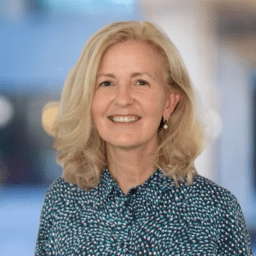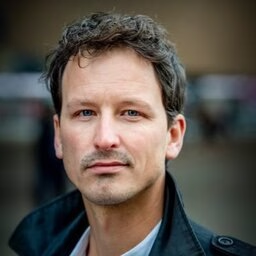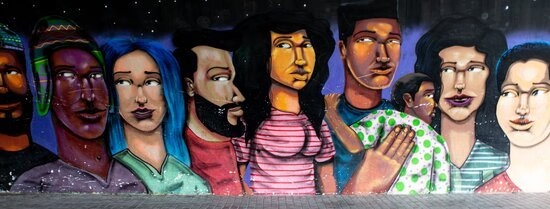One of the most complex and interesting social challenges of today is diversity. Therefore, it is highly significant to improve our understanding how diversity is being done. Particularly in superdiverse cities, like Rotterdam, professional organizations, public professionals and urban practitioners are facing diversity challenges. This project, ‘Doing Diversity’, proposes a state-of-the-art and cutting-edge approach by questioning how diversity is being done by organizations that face diversity issues in their everyday professional practices. By a comparative and cross-sectoral case study design it studies education, cultural and sports organizations in Rotterdam North and South.
How are we conducting the research?
By novel methods of shadowing and co-creation, this project stimulates practice-oriented-learning. Consequentially, DoDive creates scientific relevance by its empirical (cross-sectoral fieldwork), theoretical (interdisciplinary) and methodological (shadowing and co-creation) design, embedded in the superdiverse city of Rotterdam.
How does our research make an impact?
DoDive is based on co-creation: external stakeholders have been involved from the start in the research design. In line with participatory and iterative principles of co-production, this partner involvement will be maintained throughout the research and therefore impact is a continuous process. This is also why the case-study design is developed in close contact with stakeholders.
We selected paired cases (two sports organizations; two schools; two cultural institutions) with the aim to create practice-oriented and cross-sectoral learning between organizations and between distinct parts of the city (North and South). By stakeholder conversations we know that schools, theatres and sports associations all face challenges in coping with diversity in their programs, in their communication and in their recruitment of new staff.
To stimulate practice-oriented learning, we organize two Local Diversity Labs in which stakeholders reflect on preliminary results, exchange practices and bring in case-based challenges to improve their professional repertoires. This culminates in the Doing Diversity Toolkit, an accessible manual that includes practical knowledge, tools, knowledge clips and games gained throughout the project. This co-designed and co-created toolkit will be tested and adjusted within the DoDive stakeholder network and used as a reference tool by practitioners involved in doing diversity.
Partners
- Sport: hockey – HC Feijenoord (Rotterdam South) and HV Leonidas (Rotterdam North)
- Culture: theatre – Theater Zuidplein (Rotterdam South) and De Doelen (Rotterdam North)
- Education: secondary school – OSG Hugo de Groot (Rotterdam South) and Erasmiaans Gymnasium (Rotterdam North)
 Prof. dr. Susanne Janssen
Prof. dr. Susanne JanssenFull professor
Email address Dr. Mark van Ostaijen
Dr. Mark van OstaijenAssistant professor
Email address Dr. Laura Westerveen
Dr. Laura WesterveenPostdoctoral researcher
Email address
Why don't women work and don't men take care? - Studio Erasmus
Waarom werken vrouwen niet en zorgen mannen niet? - Studio Erasmus
De voltijdsbonus, ouderschapsverlof en kinderopvang, is het tijd dat emancipatie een mannenzaak wordt? Mark van Ostaijen over de problemen van emancipatie.

